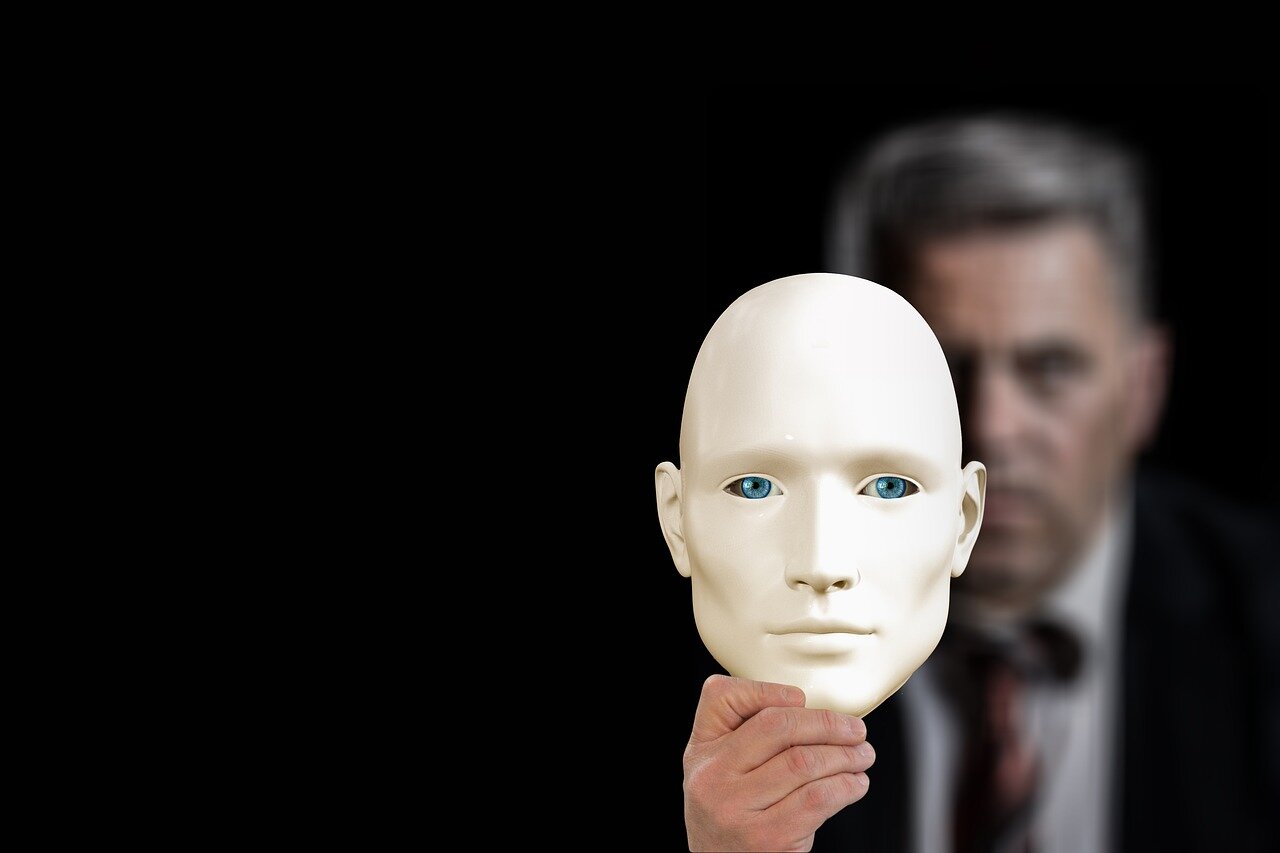As a first step, we perhaps need to identify the places where we are stuck in our lives, those stressors which come with a sense of being trapped, the stressful things we can’t fight or flee from, and try to address these. This is because the tonic immobilization framework of PD predicts that it will be very hard to reduce symptoms in circumstances that our nervous system is constantly feeling trapped by a proximate threat. Examples include being in a toxic relationship, living in a house with neurotoxic mould infestations, workplace exposure a chemical agent, enduring a long and stressful daily commute to work.
Read MorePodcast Therapy and Parkinson's Disease
I decided I would seek out more examples which could have similar therapeutic value, and began spend most of my off time watching such podcasts. I particular, I discovered subjects which interest me, featuring people who are calm, positive and engaged, with styles that make one feel like part of a conversation, featuring people who I think I would feel safe with in real life. Conversations which inspire me, instil a sense of curiosity and learning, make me feel engaged with, give me moments of joy, empathy, compassion, connection or hope are the ones which I am finding work best. This does feel like a much more therapeutic way to get through the day. It also provides a sense of being more productive, since even though I have a lot of enforced downtime, at least I'm learning new things, many of which are actionable and pragmatic, and hence this also assuages some of the feelings that my life is being stolen by PD.
Read MoreFeeling Safe and Parkinson's Disease
This article seeks to convey pragmatic and applicable knowledge of the human nervous system to people affected by Parkinson’s Disease and those involved in providing healthcare and caregiving, as well as to try to summarize for myself my own current understandings of these concepts. In particular, we explore the role of people, attitudes and relationships in the lived experience of people with PD.
Read MoreFeeling Heavy and Parkinson's Disease
A friend suggested I write more about what Parkinson's Disease is like "on the inside". At the same time, I was researching the different senses of the human body, and the problems which can occur with these in PD. Later, I learned about fascia (connective tissue) and its potentially vital role in PD. In this article, I attempt to tie these three threads together.
Read More


